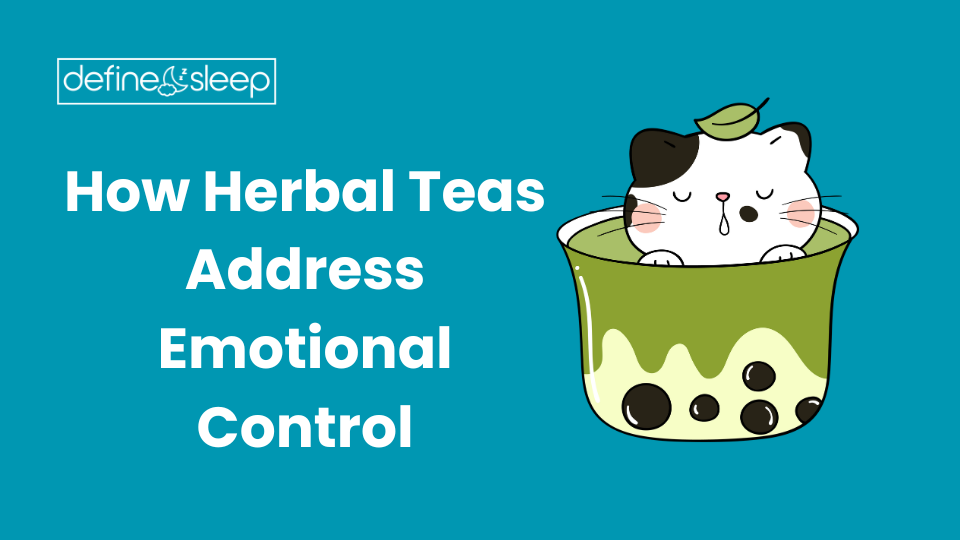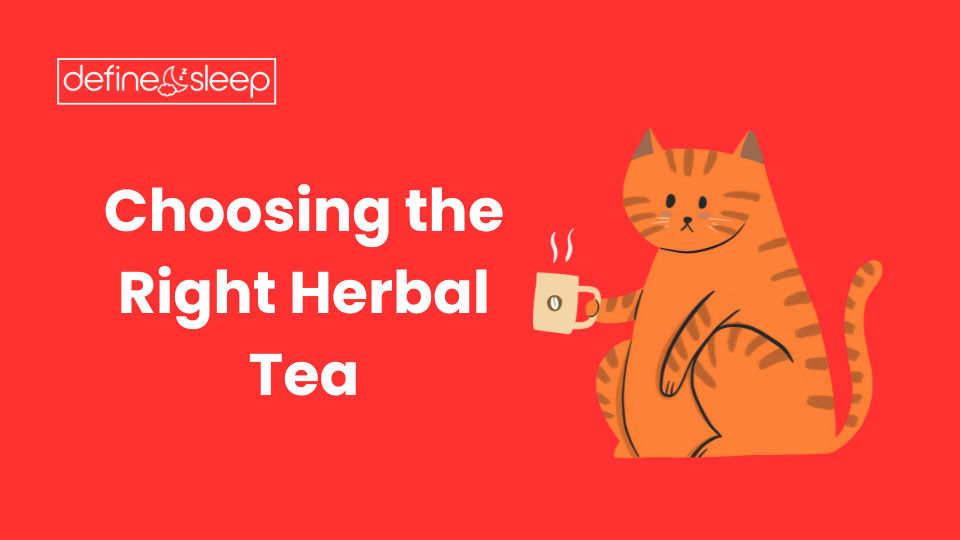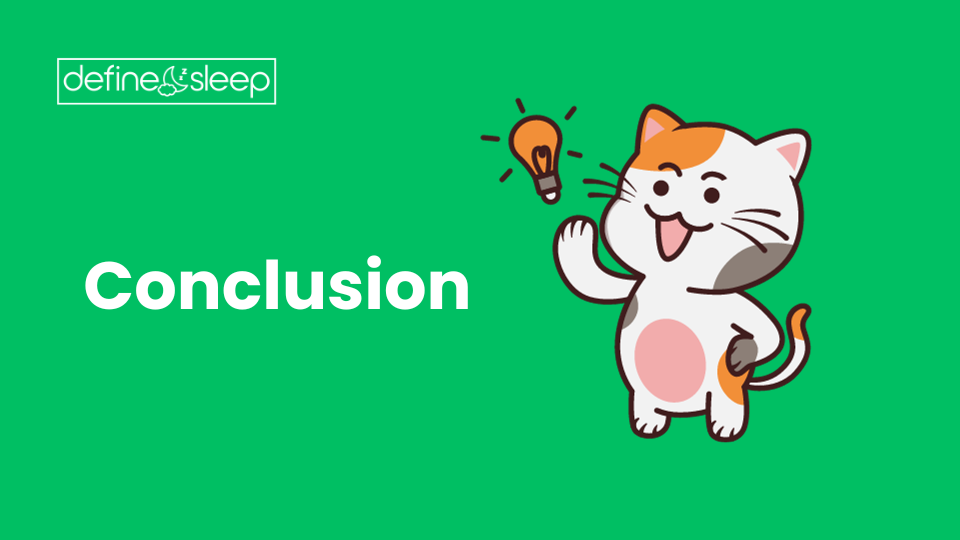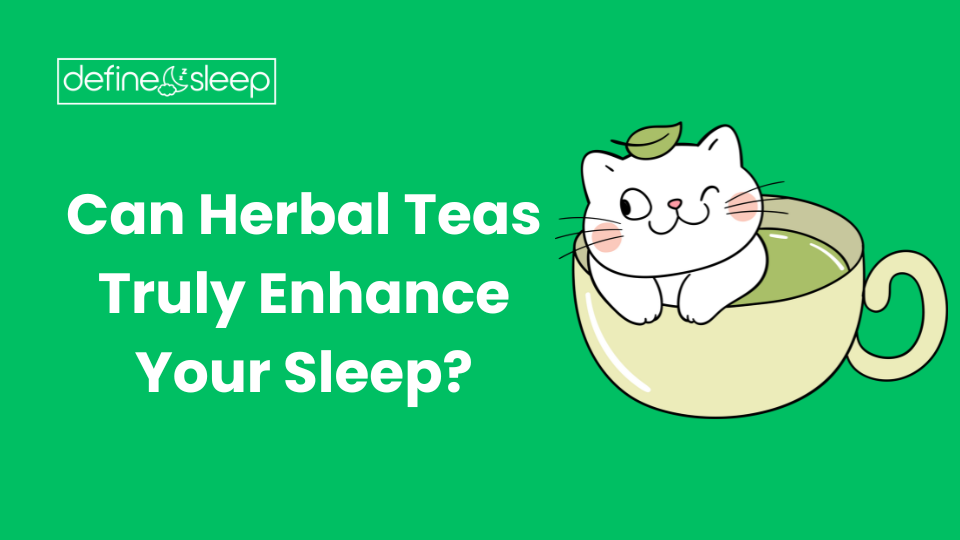Introduction
In the hustle and bustle of modern life, where stress and anxiety often take center stage, achieving a good night’s sleep can feel like an elusive dream. Many individuals turn to natural remedies in their quest for better sleep, and herbal teas have become popular. This article explores the question, “Can natural remedies like herbal teas enhance sleep?” and delves into the intriguing connection between herbal teas and sleep quality.
Understanding the Sleep Conundrum
Before we explore the potential benefits of herbal teas, it’s essential to understand the complex nature of sleep. Factors like stress, anxiety, and past trauma can significantly impact our ability to achieve restful sleep. One common interpretation related to psychology is the influence of physical abuse and past trauma on sleep patterns.
Lack of Emotional Control
One aspect that directly ties into sleep quality is emotional control. Lack of emotional control can manifest in various forms, including heightened stress levels and persistent anxiety. If left unchecked, these emotions can contribute to sleep disturbances, making it challenging to unwind and relax at bedtime.
How Herbal Teas Address Emotional Control:

Herbal teas, crafted from nature’s bounty, have been praised for their calming properties. Ingredients like chamomile, valerian root, and lavender are renowned for their ability to soothe the mind and promote relaxation. As individuals grapple with emotional turmoil, incorporating these herbs into their nighttime routine may provide a natural and gentle remedy.
The Science Behind Herbal Teas
Understanding the science behind herbal teas is crucial to unraveling their potential sleep-enhancing benefits. For example, chamomile contains apigenin, an antioxidant that binds to specific receptors in the brain known to induce sleepiness and reduce insomnia. This natural compound may play a pivotal role in calming the nervous system and promoting a sense of tranquility.
Choosing the Right Herbal Tea:

Not all herbal teas are created equal when it comes to promoting sleep. This section explores popular herbal teas known for their sleep-inducing properties and provides guidance on choosing the right blend based on individual preferences and sensitivities.
Chamomile Tea
Renowned for its mild, apple-like flavor, chamomile tea is a classic choice for relaxation. Its gentle sedative properties make it a favorite for those seeking a peaceful night’s sleep without the grogginess associated with some sleep aids.
Valerian Root Tea
Valerian root has been used for centuries to address sleep-related issues. Valerenic acid, a compound found in valerian, has been linked to an increase in GABA levels, a neurotransmitter that promotes relaxation and sleep.
Lavender Tea:
Beyond its enchanting aroma, lavender tea has been studied for its potential to alleviate anxiety and promote sleep. Inhaling the scent of lavender alone has shown to have calming effects, making it a delightful choice for winding down
Incorporating Herbal Teas into Your Routine
Making herbal teas a part of your bedtime ritual requires thoughtful consideration. This section provides practical tips on incorporating herbal teas into your routine, from optimal brewing techniques to creating a serene environment conducive to relaxation.
Conclusion

As we navigate the complexities of modern life, the quest for a good night’s sleep remains paramount. While herbal teas may not be a one-size-fits-all solution, the centuries-old wisdom and emerging scientific evidence suggest that they can indeed enhance sleep. By addressing emotional control and providing a natural remedy for stress and anxiety, herbal teas offer a holistic approach to achieving restful nights and waking up refreshed.
FAQ

1Q. Can Herbal Teas Really Improve Sleep Quality?
Herbal teas, particularly those containing chamomile, valerian root, and lavender, have compounds that may promote relaxation and improve sleep quality. However, individual responses may vary.
2Q. How do Herbal Teas Address Emotional Control?
Herbal teas are believed to have calming properties that can help soothe the mind and reduce stress and anxiety. Ingredients like chamomile and valerian root may interact with neurotransmitters to promote a sense of tranquility.
3Q. Are Herbal Teas a Long-Term Solution for Sleep Issues?
While herbal teas can be a valuable addition to a sleep routine, they may not be a standalone solution for chronic sleep issues. Consultation with a healthcare professional is advised for persistent sleep disturbances.
4Q. What is the Best Time to Drink Herbal Tea for Sleep?
It’s generally recommended to consume herbal tea about 30 minutes to an hour before bedtime. This allows the calming effects to set in and prepares the body for a restful night’s sleep.
5Q. Can I Combine Different Herbal Teas for Better Results?
Combining herbal teas with complementary properties, such as chamomile and lavender, can create a soothing blend. However, it’s essential to monitor individual reactions, and consulting with a healthcare provider is advisable.
Help From Chatgpt 4





Pingback: What are the easy ways to avoid nightmares? - Define Sleep